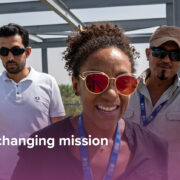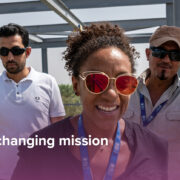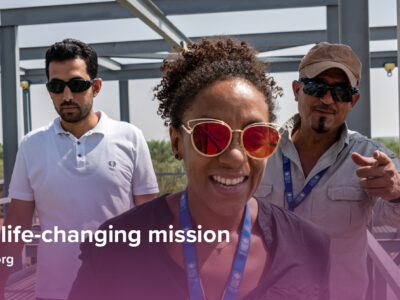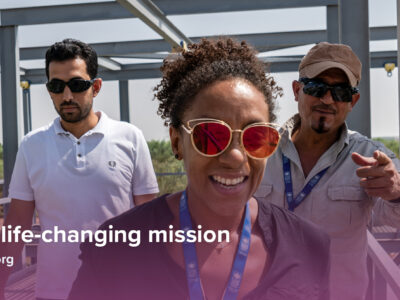Applicants who have applied to the prior vacancy announcement do not need to re-apply, as we will be reviewing all applications collectively.
UN Women, grounded in the vision of equality enshrined in the Charter of the United Nations, works for the elimination of discrimination against women and girls; the empowerment of women; and the achievement of equality between women and men as partners and beneficiaries of development, human rights, humanitarian action and peace and security.
In Kenya, the UN Women Country Programme contributes to the development objectives of Kenya’s blueprint- the Vision 2030, the SDGs particularly, SDG 5 and is aligned to the United Nations Development Assistance Frameworks (UNDAF) 2018-2022 as well as UN Women Global Strategic Plan. The Kenya Country Programme aims to achieve the following results: (i) Increased women’s leadership and participation in governance; (ii) Strengthened women’s economic empowerment; (iii) Increased protection of women against gender-based violence & access to justice for women; and (iv) Strengthened women’s leadership in peacebuilding and humanitarian response.
The Women, Peace and Security (WPS), Humanitarian and Disaster Risk Reduction- (WPS/HA/DRR) programme in Kenya Country Office is conceived and anchored within the framework of the current country Strategic Note (2019-2022) and in line with UN Development Assistance Frameworks (2018-2022) and Kenya Vision 2030.
The Government of Kenya is currently implementing its Second-Generation National Action Plan on UN Security Council Resolution 1325 on Women, Peace and Security (UNSCR 1325), through localization of the agenda at the county and community level. This is directly contributing to the attainment of of SDGs 5 and 16. The KNAP II embodies the “Leave No One Behind” principle, by ensuring the inclusion of women, youth and other marginalized groups in peace, security, and humanitarian initiatives.
Context:
In 2016, Kenya developed its first National Action Plan on the United Nations Security Council Resolution 1325 (UN SCR 1325), demonstrating a profound interest in the implementation of women peace and security agenda at Country Level. Much was achieved during the First Phase. However, as recommended by the comprehensive review conducted in 2018; engagement of the county governments was required to fully implement the Kenya National Action Plan on UN SCR 1325 (2016-2018) to build an inclusive society where women’s rights were protected.
Kenya is implementing its second National Action Plan (2020-2024) on Women, Peace, and Security (WPS) adopted in May 2020. The KNAP II is the overarching national framework that provides guidance on the implementation of UNSCR 1325 and subsequent resolutions on women, peace, and security. It integrates lessons learned from the first KNAP (2016-2018) on UNSCR 1325 and is building on the gains and achievements.
The Kenya National Action Plan (KNAP II) wholesomely strives to highlight the imperative role women play in advancing peace and security in addition to highlighting the vulnerability and mitigation strategies through its robust pillars (Participation, Protection, Prevention and Relief and Recovery) implementation structure and coordination mechanism.
UN Women Kenya is committed to supporting the Government and non-state actors to effectively implement the KNAP, for which promotion and visibility of the Plan is fundamental. Considering the above, UN Women Kenya seeks to hire a national consultant to support the Government of Kenya to carry out a mid-term review of the KNAP II.
Rationale for Gender-Responsive Conflict and Disaster Analysis
Since the second KNAP was adopted in May 2020, Kenya has been implementing different components of the KNAP II. The endorsed KNAP II calls for a midterm review by June 2022 to assess level of progress in implementation, any results and achievements, lessons and challenges and emerging issues that need to be incorporated Through the technical and financial support from UN Women the State Department for Gender and the National Steering Committee on Peacebuilding and Conflict Management will lead the midterm review process and will offer recommendations for the way forward for its full implementation.
The midterm review will provide an invaluable opportunity for the Government of Kenya and non-state actors to take stock of the progress made across government agencies and civil society organizations that have been implementing KNAP II since May 2020. It is an opportunity to capture the gains made at the county and national levels by highlighting implementation gaps and challenges, as well as emerging trends and priorities for action especially considering the impact of the COVID-19 pandemic on the second KNAP implementation at all levels.











Comments